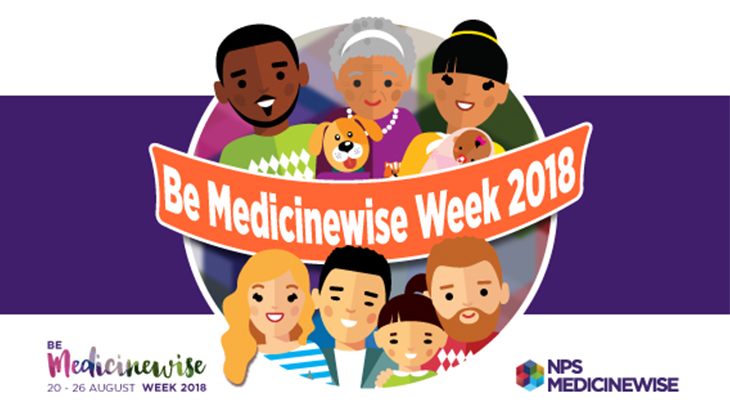
It’s not enough for only the parents of a child to be responsible with medicine. When grandparents, carers and even babysitters form part of your extended family, it’s up to everyone to be responsible when using and storing medication within the home.
If you are someone who lives alone, you might keep your medicines within easy reach so that you remember to take them. However, if your grandchildren, young family members or their friends visit, it’s important to make sure your medicines are stored safely and out of reach.
Let’s Talk Medicine
If you use medicines when children are around, they may have questions about them. Having a conversation about your medicines with children is fine. If they ask, be honest about what the medicine is for and why the doctor prescribed it for you.
Make sure you emphasise that medicines are only ever for the people who are taking them and never to take medicines that aren’t yours.
Never describe medicines as ‘lollies’ and always keep medicines up high or locked away, and out of reach of children.
Safe Storage of Medicines
The main consideration for people when deciding where to keep their medicines is the safety of children. Find more information on how to safely organise and store your medication/s here.
Correct Disposal of Medicines
The Return Unwanted Medicines project is a free Australia-wide service. Local pharmacies collect out-of-date, unwanted and leftover medicines, and then arrange for them to be disposed of safely in high-temperature incinerators.

By taking advantage of the Return Unwanted Medicines scheme, you can be assured your unwanted medicines are disposed of safely without potentially harming anyone residing in the household – the last thing you want is for a child to come across a medication discarded in the bin.
During this year’s Be Medicinewise Week (20-26 August), safe storage and disposal of medicines is just one issue that the lead organisation for quality use of medicines in Australia, NPS Medicinewise, is raising awareness of. This year’s campaign: Medicinewise families is encouraging Australian families to make good decisions about medicines, medical tests and other health choices.
Here are five steps to help keep your family medicinewise:
- Ask questions to get the information you need about medicines and make better informed decisions. For example, how do I take the medicine? When do I take the medicine? Are there common side effects?
- Know it’s a medicine. Medicines don’t just come on prescription – they include over-the-counter medicines from a pharmacy, supermarket or other store, as well as herbal remedies, vitamins and other supplements.
- Know the active ingredient. Active ingredients are what make your medicines work. If your pharmacist offers you an alternative brand of prescription medicine, you can be sure it will work the same way as your usual medicine.
- Always follow instructions from your doctor or pharmacist and read the labels and packaging of your medicines carefully. For more detailed information, read the Consumer Medicine Information leaflet which is available for prescription and pharmacist-only medicines.
- Keep track of all your medicines. Keep a current list of your medicines on paper to keep with you, especially on visits to your doctor, pharmacist or to the hospital, or use our MedicineWise App on your smartphone.
For trusted and reliable sources of information:
- visit the NPS MedicineWise website nps.org.au
- check out the consumer info nps.org.au/consumers
- call the Medicines Line on 1300 MEDICINE (1300 633 424) Monday to Friday 9am–5pm
- download the MedicineWise app

Have you signed up to our newsletter? Join ellaslist to get the best family and kid-friendly events, venues, classes and things to do NEAR YOU!
Reviews



 Pick a Date
Pick a Date


